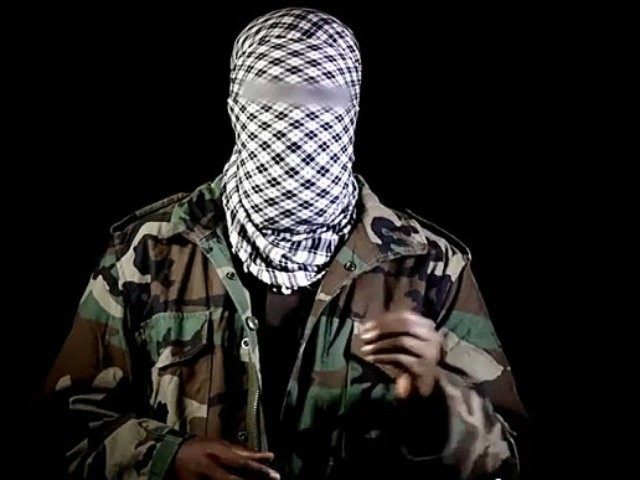The East and Horn of Africa Human Rights Defenders Project (EHAHRDP) released a statement to encourage Somali authorities to do more to protect journalists, who face extraordinary danger in practicing their craft. They claim freedom of expression is under fire in the country due to numerous attacks on journalists.
“Journalists in Somalia continue to face acute risks from both state and non-state actors, including Al-Shabaab,” explained Hassan Shire, EHAHRDP’s executive director, adding:
In this context, the Somali government must initiate thorough investigations, in accordance with regional and international legal standards. We also call on the Somali government to repeal its recent directive, that could endanger the lives of journalists, and further restrict the right to freedom of expression.
Two men shot photographer Farnham Suleiman Dahir on April 15. The gunmen fled before the police arrived. Paramedics rushed Dahir to the hospital, where he is recovering from the attack. Officials believe al-Shabaab is behind the attack.
Gunmen murdered Somali journalist Daud Ali Omar and his wife Hawo Abdi Aden on May 1. They broke into their home at 1 a.m. and shot them to death as they slept. Daud produced for Radio Baidoa, which is privately owned and expresses pro-government views. Police believe al-Shabaab orchestrated the murder, but no one has taken responsibility, and the two gunmen are still at large.
The government is also silencing the press. The country’s National Intelligence and Security Agency invaded the offices of Shabelle Media Network on April 3. They arrested 20 journalists and shut down the media outlet because they aired a clip of al-Shabaab claiming responsibility for the massacre at a Kenyan university. They released all but two journalists.
The Somali press celebrated World Press Day on May 3. Since 2007, the deaths of over 40 journalists are still unsolved. The government shut down three radio stations in 2015 after five journalists lost their lives. The officials promised on that day to protect journalists. Minister of Information Mohamed Abdi Mareye claimed authorities “captured some of these attackers and took them to courts.” He also promised “new strategies to develop the media houses in the countries which have been facing challenges while operating in hostile environments.”
Despite the promises, EHAHRDP thinks the government endangered the journalists more when they banned the use of the name al-Shabaab. Instead, they must be called “the group that massacres the Somali people.” An al-Shabaab spokesman threatened violence against anyone who belittles the group.
“We see this as a weakness from the apostate government,” exclaimed the spokesman. “No one has a right to insult us. Anyone who calls us names we will respond appropriately.”

COMMENTS
Please let us know if you're having issues with commenting.